Too often, young people who are deaf are discouraged from following their dreams. They are told “you can’t…” or “you won’t be able to…” and they are pushed to into careers that they are not passionate about. In reality, however, there are very few jobs Deaf people “can’t” do, especially once small adjustments are made to accommodate their specific skills and abilities. At the end of the day, our society limits people more than the actual experience of deafness ever could.
This year, the #DeafTalent movement caught on across social media as deaf people began to raise awareness about Hollywood casting hearing actors for deaf roles. Instead of hiring qualified deaf performers who are seeking work, of which there is a significant pool, Hollywood and theater productions have continued to select hearing actors and actresses to portray deaf characters. The Deaf community decided it was time to push back against the mainstream media, and began using the internet as a platform to bring this issue to light.
DeafTalent is so much bigger than the entertainment industry— it’s a cultural movement that is gaining traction in all areas of life. Talented Deaf individuals in fields across the board are working to defy social expectations, remove barriers, and prove that there are NO limits to what people who are deaf can do. My Deaf siblings and young nieces deserve every opportunity to manifest their own destiny and accomplish their own goals without suffering the prejudice of previous generations. It’s time for people to open their minds to the endless potential of our diverse population.
To explore the many facets of DeafTalent, I went right to the source: the Deaf community. Individuals working in a number of different fields were eager to communicate a message of Deaf empowerment. Over the next few weeks, I will be sharing brief interviews with ambitious people following their life purpose; people who just so happen to be deaf.
Jules Dameron
Director and advocate behind the #DeafTalent movement
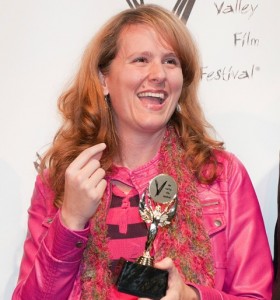 Inspirations:
Inspirations:
When I attended a family reunion at seven years old, my uncle used a video camera to film the event. He hooked it up to the living room television and I saw on the screen whatever he was recording— I was hooked by the process. He let me hold the camera once and that was it. I wanted to make movies from that point on.
Barriers:
Filmmaking is a tough barrier in itself, whether you’re hearing or deaf. So being deaf doesn’t make much of a difference to me, personally. It’s different for everyone, but for me, I’ve been fortunate to be supported for the most part throughout my journey. If I had to point out anything— it would have been dealing with having interpreters on set, but I’ve been fortunate to meet some amazing film set interpreters in Los Angeles, and I am grateful for their support, and working with me on devising an efficient system for working with deaf people on film sets.
Deaf Advantage:
I believe my brain works differently since I have learned in a mostly visual way, and filmmaking is a very strong visual medium. So anything visual-based plays to my advantage. I feel I have made a unique contribution to professional actors in general because I make sure that they tell their story visually, not only audibly.
Advice:
I say go for it, because honestly, there is no better field than filmmaking to tell your own story. I strongly feel that the film industry helps the deaf community, and worldwide awareness about deaf people everywhere. So if you have a passion for it, don’t let anyone tell you otherwise. I absolutely mean this. It is ridiculous to me to think that there are many deaf people out there who are being told not to be an actor, film director, film producer, screenwriter, et cetera because they are deaf. I think the fact that they ARE deaf contributes to those industries, since they bring a special spice to this world.
Andrew Baker
Doctor
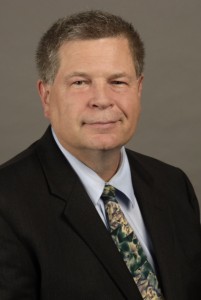 Inspirations:
Inspirations:
I decided in third grade to become a doctor. I was not sure what kind, but wanted a career where I would always be comfortable and secure. Plus I like math and science.
Barriers:
One of the biggest barriers I had to overcome was getting teachers to look at me instead of talking to the blackboard. Boy, some teachers just wouldn’t get it!
Deaf Advantage:
It’s tough to say if being deaf gives me any advantages in this field, but I was able to create the first vision care clinic for Deaf people at Massachusetts Eye and Ear, and it is still going strong 30 years later. Any Deaf person that wishes to pursue the medical field should have good interpersonal skills, unless they go into a research position where they spend all their time in labs.
Advice:
Study hard, get good grades, try to develop effective oral skills because others don’t know sign language, and go where the money is!
Sean Gerlis
Interpreter & Business Owner
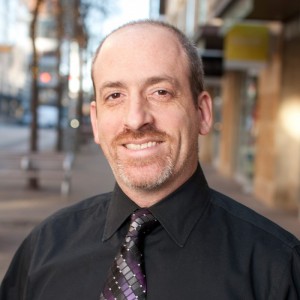 Inspirations:
Inspirations:
The deep passion for helping others to achieve in equal access to everything in this world prompted my desire to do advocacy work for the community. The advocacy work I’ve been doing has everything to do with the barriers I’ve experienced as an individual living here in this country. In the nutshell, I do not want anyone else to experience the frustrations/barriers I am currently enduring.
Barriers:
Inability to speak is often perceived as an uneducated individual. I have to show people that my intelligence is not as they believed. I have to show them I’m much more than not being able to speak fluently. Sadly enough, there are so MANY people out there won’t give us deaf people the benefit of doubt in the first place. The battle (barrier) still continues.
Deaf Advantage:
I believe my productivity/contributions as a deaf person have given me advantages. For example, I’m able to finish my projects ahead of time due to being distraction-resistant. Another example would be that I’m more observant on projects I am working with, which makes me being more contributing employee.
Advice:
Keep your minds open. Gracefully accept diverse perspectives and weight them accordingly. This will make you a better interpreter.
Shoshannah Stern
Actress
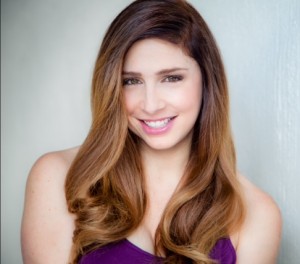 Inspirations:
Inspirations:
According to my mother, I’ve said I wanted to be an actress for even further back than my memory reaches. She says that I asked her for an agent for something like my sixth birthday. I don’t know how I even knew what an agent was!
My sister is an artist and a writer, and I’m pretty sure we both get that creative gene from my mother. She has always had a deep appreciation for the arts and for the theater, and she always made sure we were exposed to that. We grew up in Fremont, and when I took my husband there to see my hometown a few years ago, he was shocked at how small it actually was because he always thought I came from the city. I told him I feel as if I did, because my mom would put us all on BART on the weekends. We’d go to San Francisco or Berkeley and go to the museums and watch foreign films (they had subtitles, after all!) and eat in small restaurants that served food from different places all around the world.
Barriers:
My biggest barrier is one that I’m still trying to overcome, and that’s just to keep working and to keep creatively pushing myself in different directions. I’m fine with that, though, because as a creative person you have to keep moving. It’s the same for everyone in this business, whether they hear or not.
I feel like Viola Davis said it best when she talked about opportunity being the only thing that separates women of color from everyone else. Every audition I get is a win for me, because it means that I’m still moving forward, whether I book that audition or not. Most mainstream actors talk about the frustration they get when they don’t book things, but I think for myself and other talented deaf actors, getting in the room is the biggest challenge of all.
Deaf Advantages:
The first piece of advice I got in acting class when I was starting out was to know your niche and if you didn’t have one, to find one, so that you could stand out from the crowd and be memorable. Many other students who weren’t deaf in my class were at a loss, but that wasn’t an issue for me. I feel like it still helps me now, ten years later, because I’ve always felt like acting is about finding the truth in things. Maybe it’s because I grew up in a deaf family, but I’ve never felt as if being deaf has made me any different from anyone else. It’s always just been a part of who I am. However, when I meet people who don’t come from my community, I’m almost always faced with the reality that the majority of them perceive me as being different from them. I think there’s something about that experience that has allowed me to stay connected to my own truth, and I’m very thankful for that.
Advice:
Push yourself, work hard, think outside the box and most of all, to create a space for yourself. I think we’re having such a great year with so many talented deaf people that are visible out there right now, and I’m so in love with that. The funny thing is that I’ve found that all that visibility has made me think about what’s invisible–and that’s the work that most of us never see. Without that work, the visibility we have now would never be possible, and I feel like there’s so much potential for more deaf people to do work like that. That’s work like producing, directing, writing, casting, or even crewing. I don’t see any reason anybody could give about why a deaf person couldn’t be a PA, a grip, or a makeup artist on set. No piece of advice is ever as easy as it seems, but I feel like if you really want something, you just have to figure out a way for you to show people that you can and will do it, no matter what that something is.
These interviews represent only a small number of the countless individuals who are out there proving on a daily basis that when you have passion and motivation, anything is possible! Talented people who are d/Deaf can be found in every field at every level, working harder than most to rise up through the ranks. Deafness is not a barrier to success, but prejudice ignorance can be. I am excited and honored to share perspectives from Deaf professionals pursuing careers they love, and I look forward to future installments in this series!
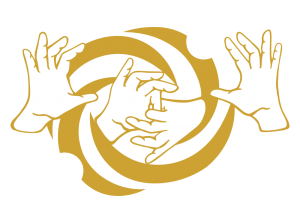

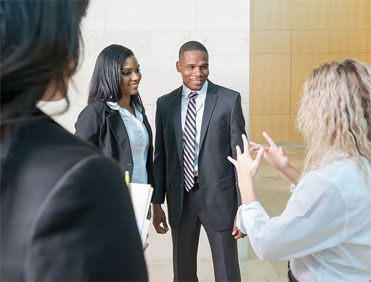

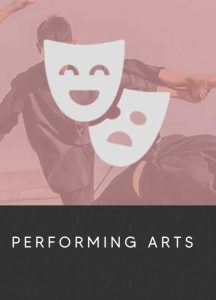
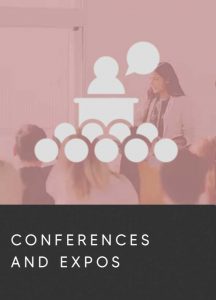
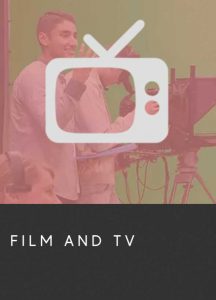
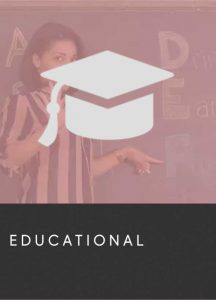
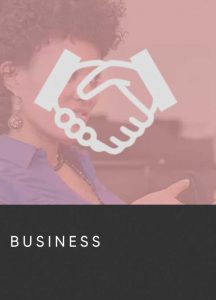
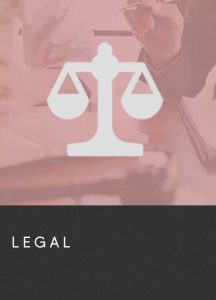
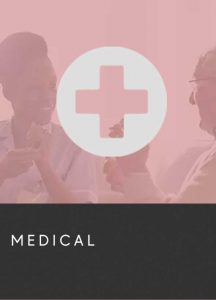
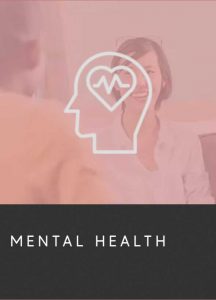
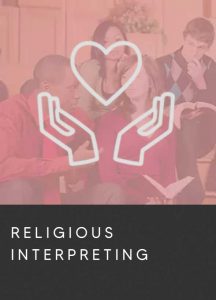
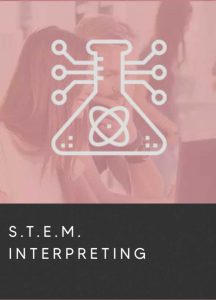
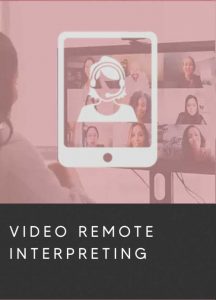
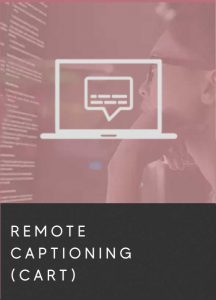

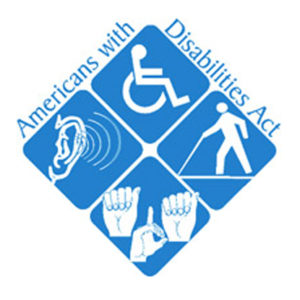 July 26 marks the anniversary of the Americans with Disabilities Act: a set of laws established to help people with disabilities gain access to society that was simply not designed for them. Since 1990, this landmark piece of legislation has improved the lives of millions of Americans by providing clarification regarding their rights to access— whether that means built-in wheelchair ramps, requesting ASL interpreters, or allowing service animals into buildings— and offering legal recourse for individuals whose rights are violated.
July 26 marks the anniversary of the Americans with Disabilities Act: a set of laws established to help people with disabilities gain access to society that was simply not designed for them. Since 1990, this landmark piece of legislation has improved the lives of millions of Americans by providing clarification regarding their rights to access— whether that means built-in wheelchair ramps, requesting ASL interpreters, or allowing service animals into buildings— and offering legal recourse for individuals whose rights are violated.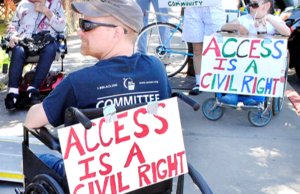 Without the hard work of determined disability rights activists, the ADA would never have been passed; and without ongoing advocacy efforts, little real change might have come from the legislation. People who do not need to reference the ADA on a regular basis to get their basic needs met are frequently unaware of their obligation to ensure equal access to their establishment / service / business. In the years since the ADA became law, people with disabilities have had to consistently perform the labor of educating people about their disabilities and what it means to be disabled in a world that favors able-bodied individuals. They must also be willing to challenge organizations to go beyond bare minimum compliance, which can sometimes mean taking on large institutions in a public way.
Without the hard work of determined disability rights activists, the ADA would never have been passed; and without ongoing advocacy efforts, little real change might have come from the legislation. People who do not need to reference the ADA on a regular basis to get their basic needs met are frequently unaware of their obligation to ensure equal access to their establishment / service / business. In the years since the ADA became law, people with disabilities have had to consistently perform the labor of educating people about their disabilities and what it means to be disabled in a world that favors able-bodied individuals. They must also be willing to challenge organizations to go beyond bare minimum compliance, which can sometimes mean taking on large institutions in a public way.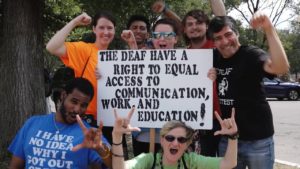
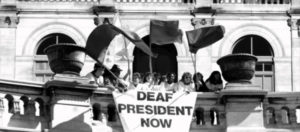 Each time a person takes it upon themselves to challenge the institution that oppresses them, they remove a barrier for the next person— no matter how big or small. This incremental progress adds up over time. If your rights are violated, pursue further action. If your needs are not adequately met, provide feedback and pursue further action. The advocacy and awareness that each person spreads works toward creating a more educated society with advanced views of disability. Pushing back is important work!
Each time a person takes it upon themselves to challenge the institution that oppresses them, they remove a barrier for the next person— no matter how big or small. This incremental progress adds up over time. If your rights are violated, pursue further action. If your needs are not adequately met, provide feedback and pursue further action. The advocacy and awareness that each person spreads works toward creating a more educated society with advanced views of disability. Pushing back is important work!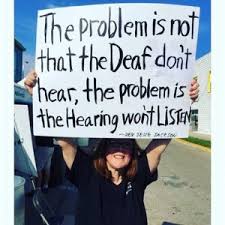 But what about allies? How can people who are not deaf or disabled help, without their position of able-bodied privilege resulting in further oppression? Where to get started?
But what about allies? How can people who are not deaf or disabled help, without their position of able-bodied privilege resulting in further oppression? Where to get started?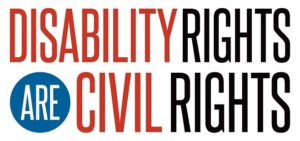 The ADA in action is more of a tool for people with disabilities than any kind of guarantee. This set of legislation only works when it is enforced, and it is up to each member of our society to help enforce it.
The ADA in action is more of a tool for people with disabilities than any kind of guarantee. This set of legislation only works when it is enforced, and it is up to each member of our society to help enforce it.









